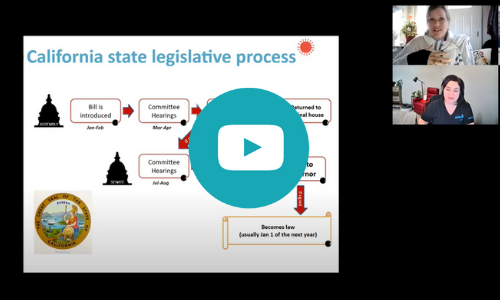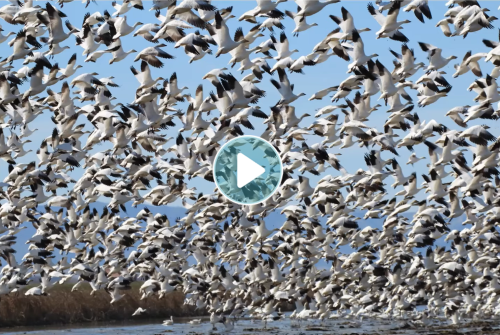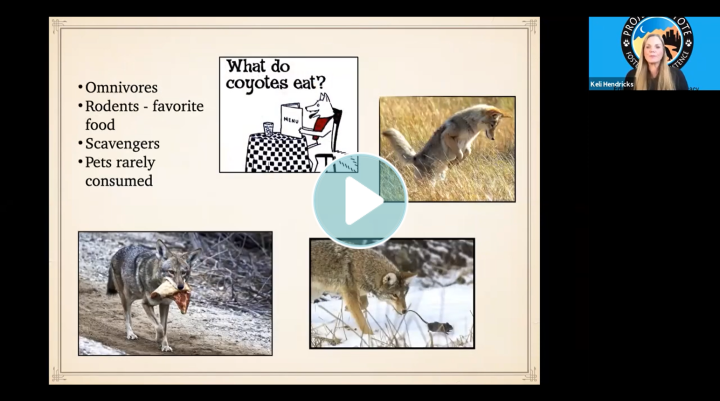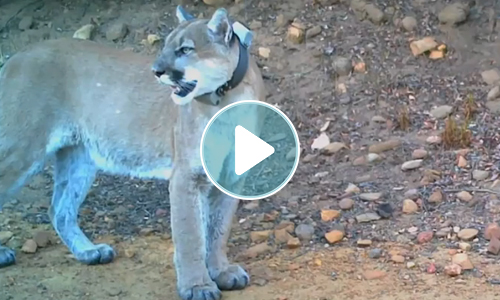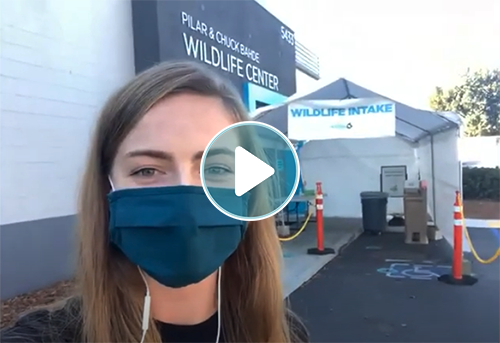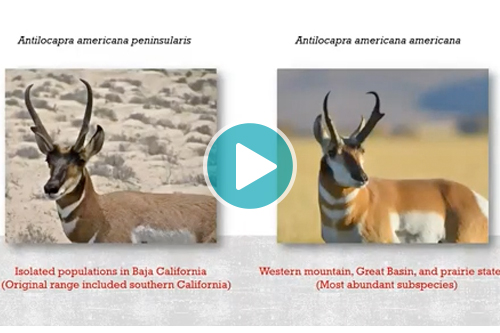Learn what goes into creating and passing laws to protect and advocate for wildlife with our Director of Government Relations, Julianna Tetlow, and the President of Fearless Advocacy, Jennifer Fearing.
Project Wildlife
Since 1972, Project Wildlife’s dedicated staff and volunteers have given injured, orphaned, and sick wild animals a second chance at life. This commitment to helping wild animals has grown tremendously and Project Wildlife is now one of the largest wildlife rehabilitation organizations in the country. Our mission is to improve the quality of life for local wildlife and the community, serving as the primary resource for wild animal rehabilitation in San Diego County.
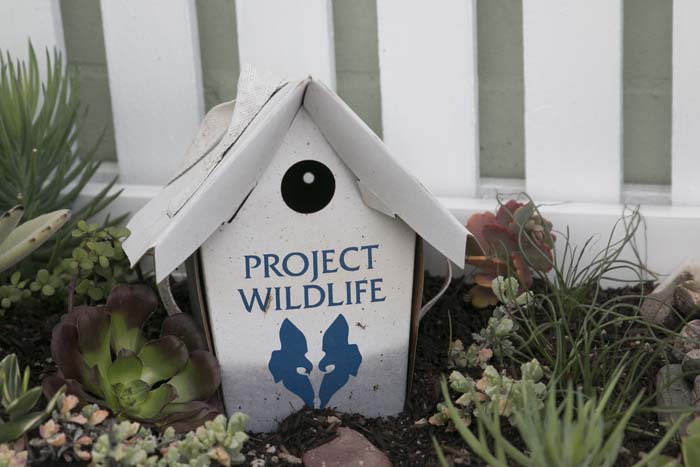
Coexisting with Wildlife
Seasonal information and tips for living in harmony with San Diego's diverse wildlife.
Learn More
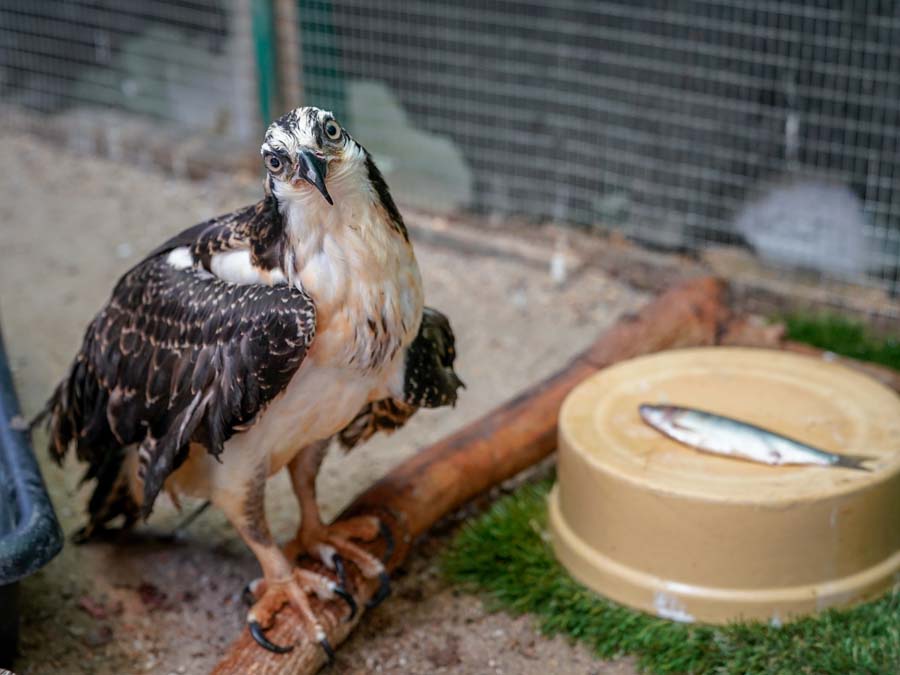
Project Wildlife Contact & Drop-off Information
Contact information and wildlife drop off locations.
Learn More
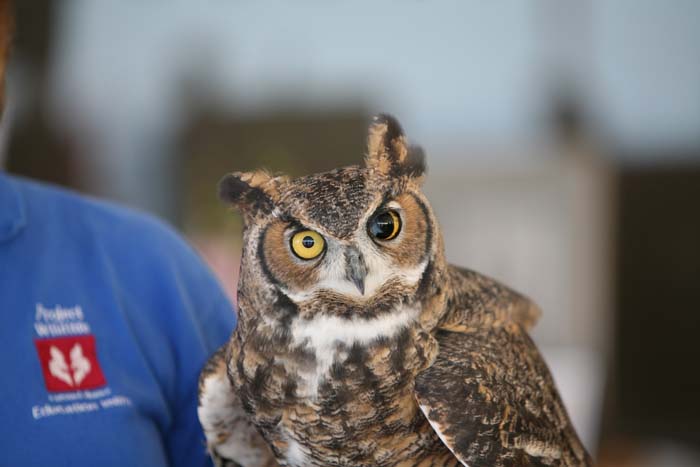
Project Wildlife Outreach and Education
Youth and adult programs and educational activities.
Learn More
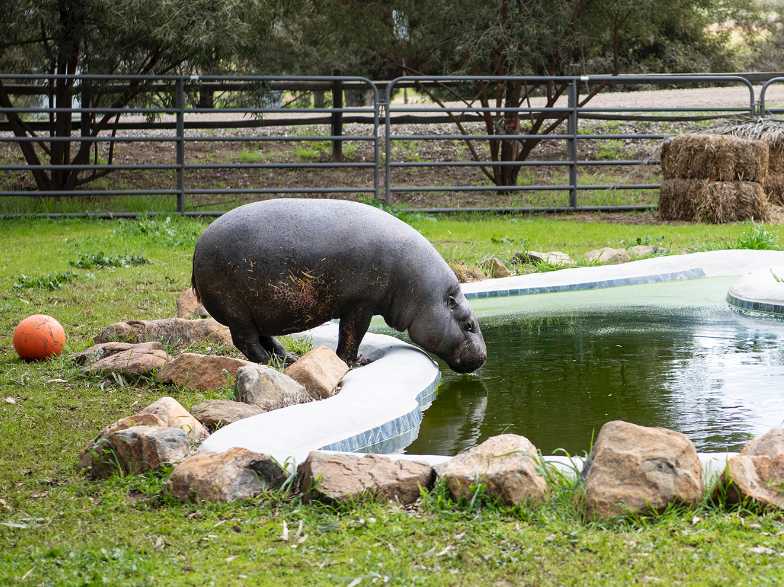
Ramona Campus
Providing care to wildlife including native apex predators such as bobcats, coyotes, bears and birds of prey.
Learn More
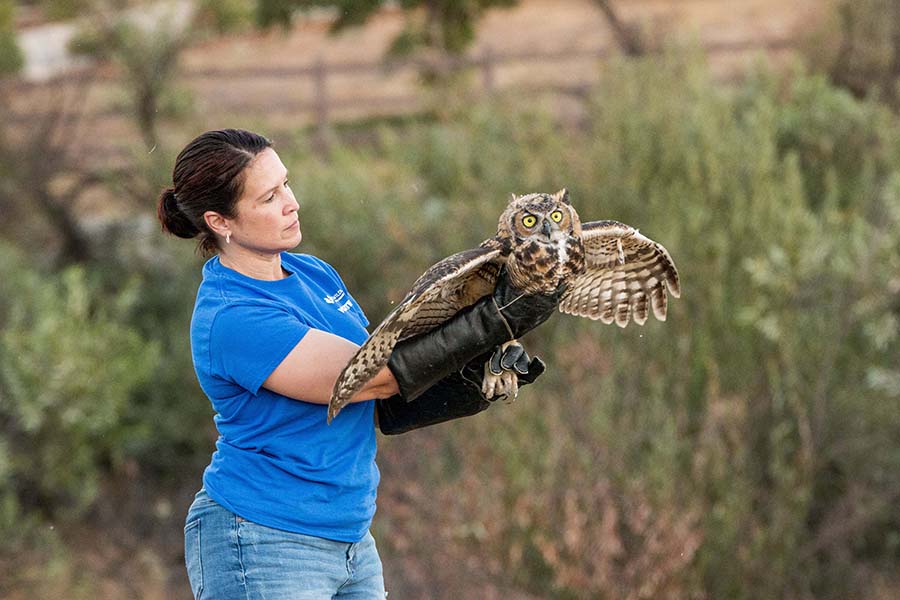
Volunteer with Project Wildlife
Help rehabilitate injured and orphaned wild mammals and birds with Project Wildlife.
Learn More
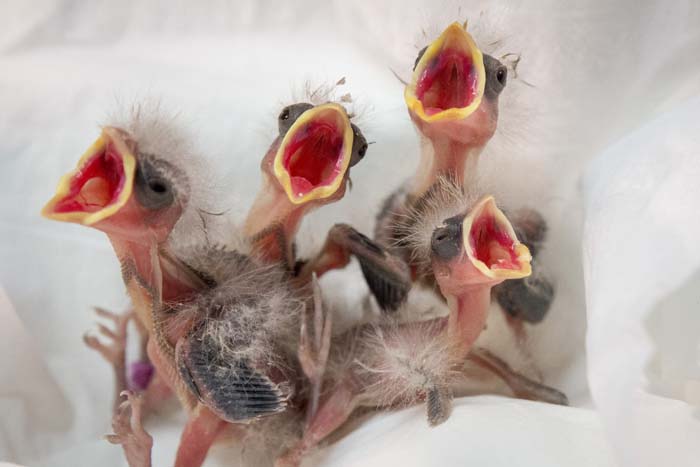
Ways to Help
As someone who cares about animals, you can join Project Wildlife in saving native San Diego wildlife...here is how.
Learn More
Project Wildlife Stories
Twice each year, in one of nature’s most amazing events, billions of birds make enormous and hazardous journeys from their breeding grounds to wintering areas. Some travel as much as 25,000 miles every year, from the high Arctic to the tip of South America and back. Of the more than 500 bird species found in San Diego, almost 2/3 of them migrate into or out of the area every spring and fall. Join avid birder Stan Walens, who has collected almost 40 years of data on seabird populations in San Diego, talk about how the fascinating process of migration works and the benefits and problems it presents.
Join Project Coyote Ranching with Wildlife Coordinator, Keli Hendricks, for a lively presentation about coexisting with coyotes. Topics will include coyote safety, education, and programs and resources available to help residents and communities better understand and coexist with our wild neighbors.
Dive into the wild and wonderful images of wildlife captured through San Diego River Park Foundation's camera monitoring program.
It’s that time of year again, baby season!! Each year, San Diego Humane Society’s Project Wildlife takes in up to 13,000 orphaned and injured wild animals with the hopes of returning them to their native habitats.
Join us as we learn about the endangered Peninsular Pronghorn Antelope in Baja and what conservation efforts San Diego Zoo/Safari park are doing to help!
Who We Are
Our medical staff and volunteers operate under one word: Compassion. It is through this unwavering compassion that we are able to help nearly 10,000 birds and mammals each year (more than 320 species to-date!) in addition to thousands of other animals we are able to assist through community outreach, partnerships and telephone triage.
San Diego County is one of the most biologically diverse areas in the United States with the greatest number of endangered species. People from all over the county bring wildlife patients to Project Wildlife for care and we are proud to be a resource that our neighbors can depend on in order to coexist peacefully with wild animals.
What Is Wildlife Rehabilitation?
Wildlife rehabilitation is the treatment and care of injured, orphaned or sick wild animals in effort to release them back into the wild.
Project Wildlife is permitted to rehabilitate wildlife by the California Department of Fish and Wildlife and the United States Fish and Wildlife Service. We operate under a strict guide of protocols, research and veterinary consultation in order to make the best decision for a positive outcome with each individual animal in our care.
Rehabilitating wildlife without the appropriate permits can cause potentially fatal damage to the animal and is punishable by fines up to $25,000 if any wild animal is kept for more than 48 hours. If you find a wild animal in need of care, please do not attempt to provide care yourself. Every moment is critical, so please bring the animal to a permitted wildlife rehabilitation center as soon as possible.


